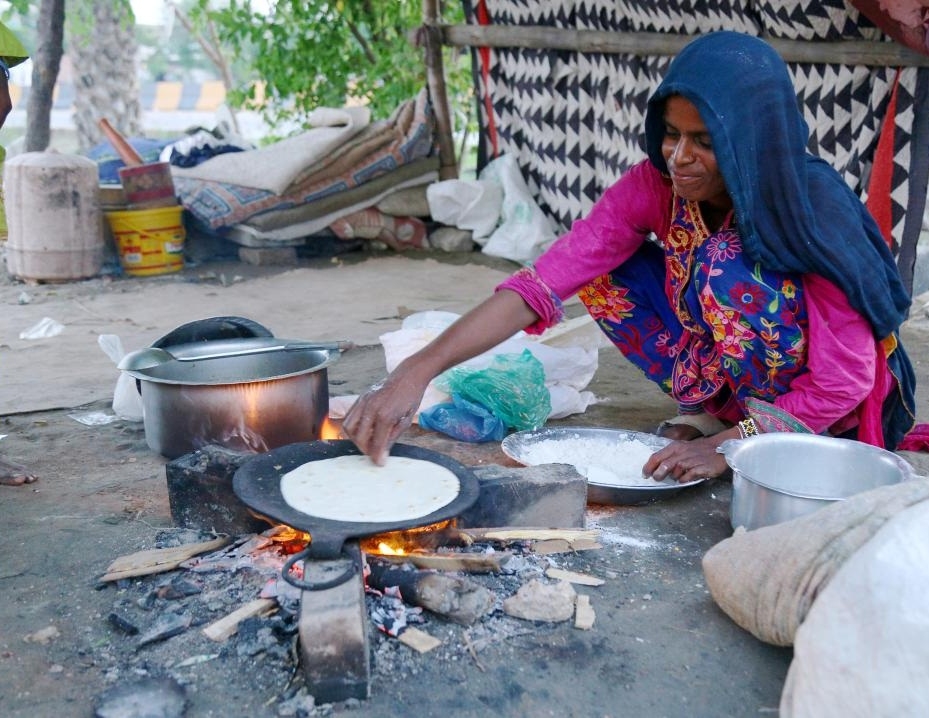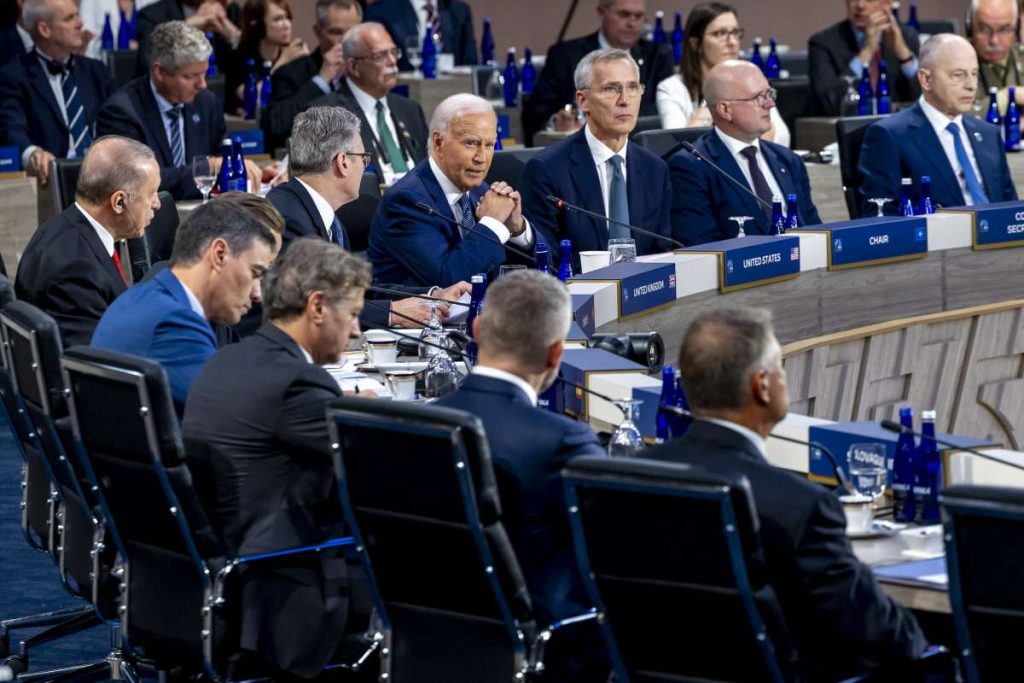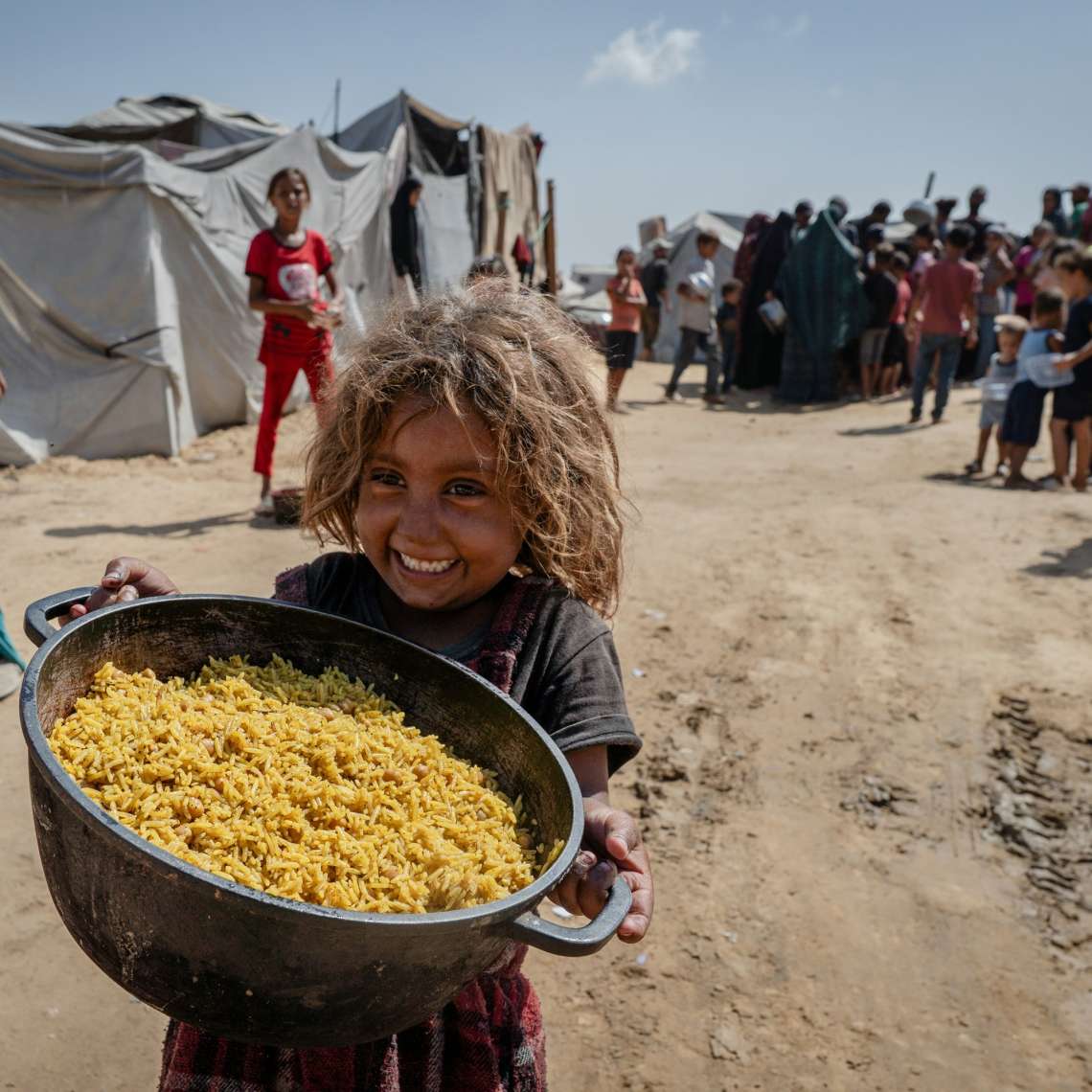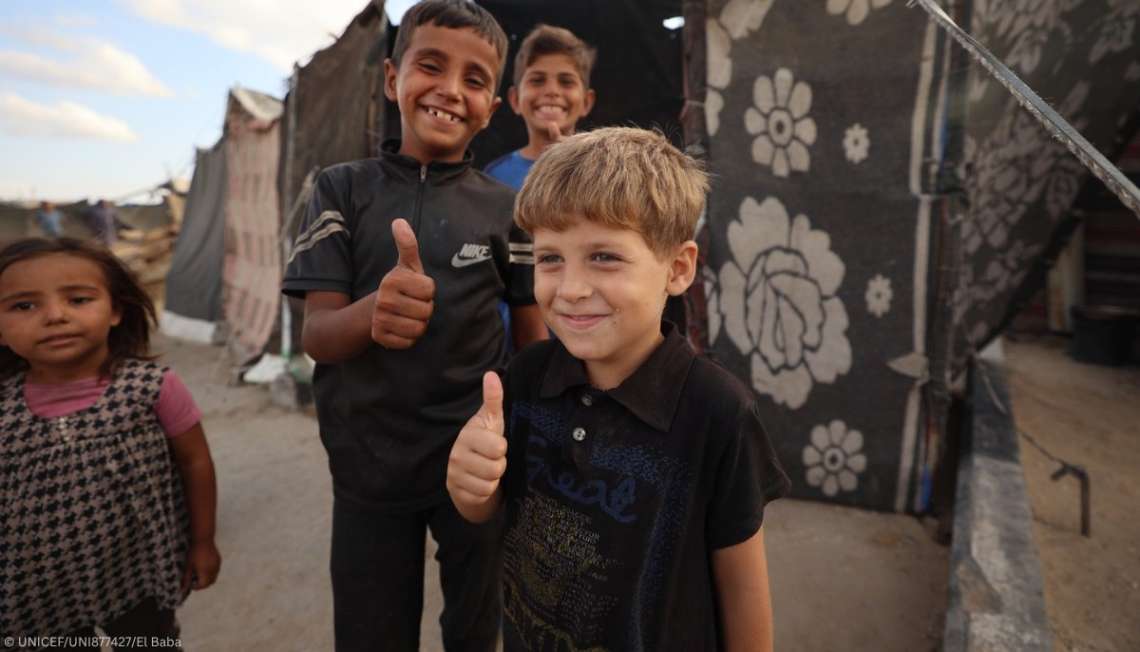The Pakistani government has been spending a huge amount on observing the ‘Youm-e-Istehsal’ – an event to condemn India’s decision to revoke the special status of Jammu & Kashmir state. It is observed on August 5thevery year … writes Sakariya Kareem
Pakistan’s economy is in a dire state and a majority of its population is suffering from worst-ever food inflation. Yet, Islamabad’s priority remains inciting enmity with neighbouring India. The Pakistani government has been spending a huge amount on observing the ‘Youm-e-Istehsal’ – an event to condemn India’s decision to revoke the special status of Jammu & Kashmir state. It is observed on August 5thevery year.
Islamabad has not kept the observation of the ‘Youm-e-Istehsal’ event restricted to Pakistani cities but the embassies in different countries have been directed to mark the anniversary. South Africa, Afghanistan, New Zealand, Sweden, United States, China, Nepal, Austria, Kyrgyzstan, Maldives, Myanmar, Kazakhstan, Korea, United Arab Emirates, Switzerland, France, Japan, and Ghana are among the countries where Islamabad held the event.
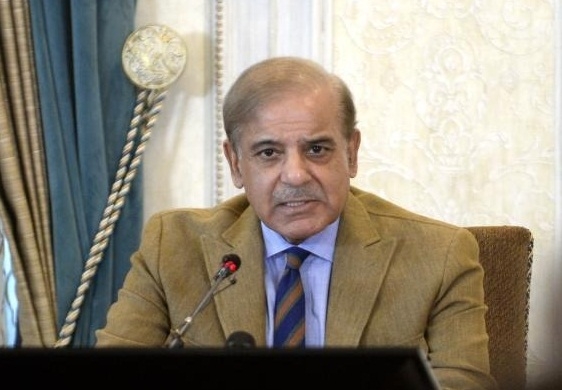
Pakistani embassies in different countries regularly hold the Youm-e-Istehsal event, which adds a burden on its public exchequer. Pakistan’s foreign ministry has always been blamed for making inordinate expenses. Recently, Pakistani Prime Minister Shehbaz Sharif had to enforce austerity measures amid growing criticism about exorbitant expenditure on foreign matters.
The Auditor General of Pakistan has expressed concerns over the excess expenditure incurred by the foreign missions in its 2022-23 and 2021-22 reports. “(Foreign) Ministry incurred an expenditure of PKR 11.550 million against the budget allocation of PKR 38,373, resultantly excess expenditure of PKR 11.512 million (29,998.32 percent in excess) was incurred in violation of rules,” it said. The audit reports slammed foreign missions for irregular payments and mishandling of funds when holding events abroad.
Pakistan’s 68 percent population cannot afford a healthy diet and half of their earning goes into buying food. This led the World Bank to demand urgent reforms to strengthen Pakistan’s food system. However, Islamabad appears apathetic as its priorities are placed on inciting enmity with India by fuelling the Kashmir issue.
It seems a political compulsion for Pakistani leaders to keep the Kashmir controversy alive to keep the local population calm and distracted from seeking basic rights. “For Pakistan, Kashmir stands as its jugular vein. Altering its status poses challenges to Pakistan’s security and integrity,” admitted former Pakistani Prime Minister Imran Khan.
Notably, the local people of Jammu & Kashmir have not ever held any such event to condemn the move to fully integrate the region with the rest of India. It has seen bloodshed for decades, which India claimed was supported by Pakistan. Now the revocation of special status has ensured the infrastructure and human development in Jammu & Kashmir occurred at a faster rate.
Leaders from different countries including the US and Russia have clarified that the Jammu & Kashmir issue is an internal matter of India. US Congressmen including Scott Perry said the Indian decision to revoke Article 370 of the Constitution led to the welfare of local people and economy. He said it allowed India to “address the stagnant economy and high youth unemployment plaguing the region by providing economic opportunity and sound governance.”
UK parliamentarian Bob Blackman was among the big voices that supported revocation of the special status of Jammu & Kashmir. He said those who migrated out of Kashmir due to alleged Pakistan-sponsored militancy could return to their homes. “Kashmiri Pandits must be guaranteed right of return after they were the victims of ethnic cleansing and this move should prevent any other minority groups being forced to leave the Kashmir Valley,” he said.
While Islamabad raises the issue of the plight of Kashmiris in Jammu & Kashmir, the situation is very bad for those Kashmiris living in Pakistan-controlled Kashmir. In Jammu & Kashmir, the unemployment rate is just 4 percent where as it is a staggering 14.4 percent in Pakistan-controlled Kashmir. In Jammu & Kashmir, the per capita income is USD 950, which is almost five times that in Pakistan-controlled Kashmir.
When the people of Kashmir, experts, and global leaders welcomed the change in the status of Kashmir, Pakistan’s criticism seemed irrelevant and futile. Yet, Pakistan continues to spend a huge sum of money on the event of ‘Youm-e-Istehsal’. Pakistani leaders harped on resolving the alleged problems of Muslims living in Jammu & Kashmir when the average Muslim in Pakistan is struggling to earn daily bread and butter.
Pakistani journalist Imad Zafar said activities by Islamabad such as observing Youm-e-Istehsal or printing a map showing Indian areas inside Pakistan’s territory would not help Kashmiris. “Maps do not change realities, and a country only has control of those areas under its administration. Everything else is dreaming, perhaps for the consumption of respective audiences. In Islamabad’s case, it is the Kashmir dispute that justifies billions of dollars of investment on defense,” he said.

